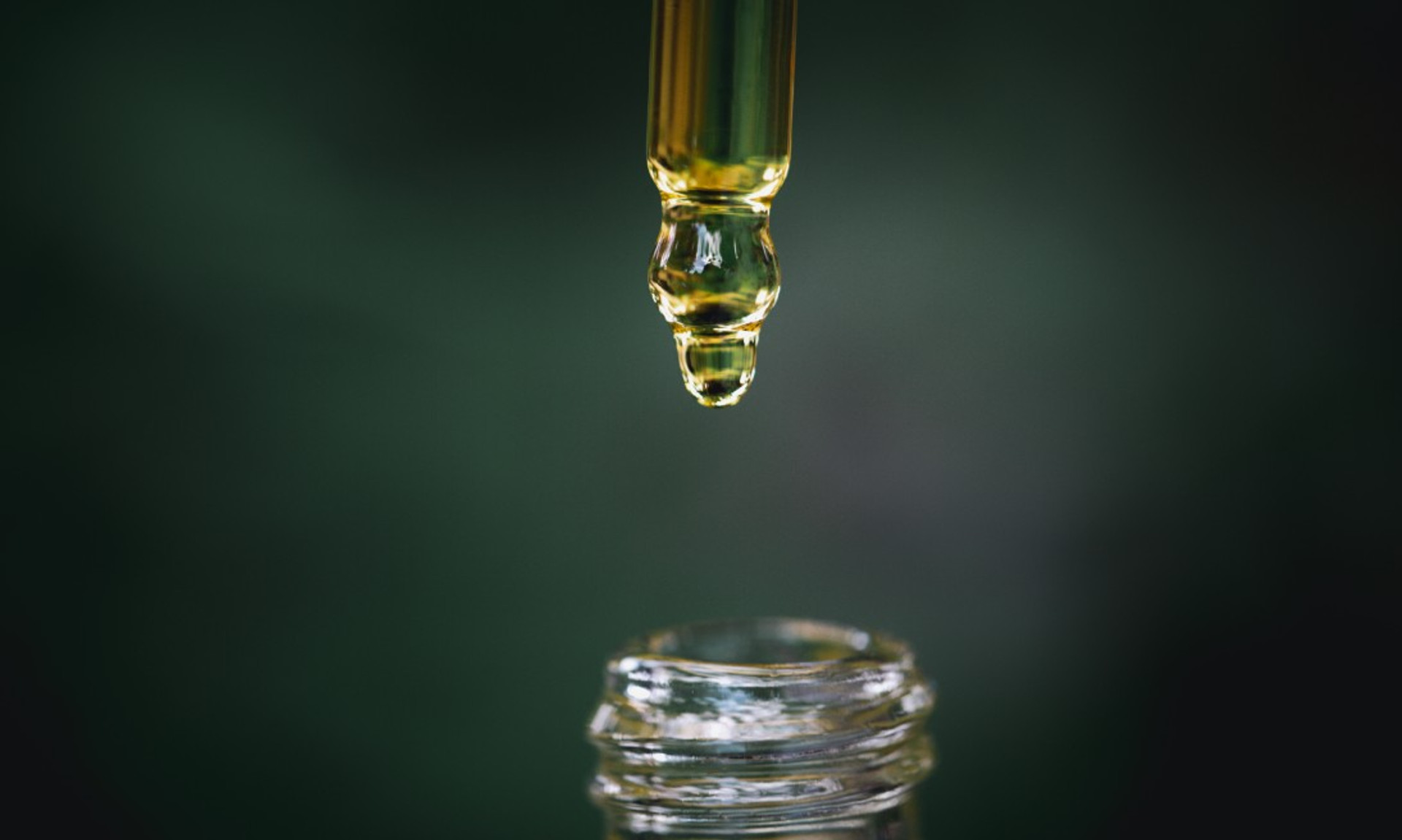How Messer CO2 Is Used in Plant Oil Extraction
Plant oil extraction is critical for producing high-quality, pure oils used in various applications, from culinary to pharmaceuticals. Among the many methods available, Messer CO2 has emerged as a leading technique due to its numerous benefits and overall efficiency. This post will explore how Messer CO2 works in plant oil extraction, its advantages, and how it compares to other extraction methods.
Understanding Messer CO2
Before we can understand the process, we must first be familiar with the element. Messer CO2 is a high-purity carbon dioxide specifically engineered for industrial applications, including plant oil extraction. Its unique properties make it an ideal solvent for extracting essential oils, cannabinoids, and other valuable compounds from plant materials. Messer CO2 is non-toxic, non-flammable, and environmentally friendly, significantly reducing the risk of contamination and ensuring a cleaner end product.
The supercritical state of CO2 is particularly beneficial for extraction processes. In this state, CO2 exhibits both liquid and gas characteristics, allowing it to penetrate plant material efficiently and dissolve target compounds effectively. This dual nature enhances the solubility of various compounds, leading to higher extraction yields and better-quality oils.
The Extraction Process
Using Messer CO2 for plant oil extraction begins with placing the plant material in an extraction chamber. The chamber then pressurizes and heats the CO2 until it reaches its supercritical state, which enables it to act as a solvent. The supercritical CO2 is passed through the plant material, dissolving the desired compounds.
Once the extraction is complete, the CO2 and extracted compounds move into a separator. Here, the pressure decreases, allowing the CO2 to revert to its gaseous state and separate from the extracted oil. The gaseous CO2 is then collected, recompressed, and recycled for further use, making the process highly efficient and environmentally friendly.
Since Messer CO2 is non-toxic and leaves no residual solvents, the extracted oils are purer and safer for consumption. Additionally, the closed-loop system minimizes CO2 emissions, aligning with sustainable practices.
Comparisons to Other Methods
Now that we know how Messer CO2 is used in plant oil extraction, let’s look at how it competes with other methods. First up, solvent extraction often involves the use of toxic chemicals like hexane, which can leave harmful residues in the final product. Steam distillation, another common method, relies on high temperatures to extract oils. This can degrade sensitive compounds, resulting in lower quality and reduced potency. As we saw, Messer CO2 doesn’t suffer from either of these downsides.
Outside of that, another advantage of Messer CO2 is its selectivity. This allows you to fine-tune the supercritical CO2 to target specific compounds, providing greater control over the extraction process and yielding a more refined product. This level of precision is difficult to achieve with other methods, making Messer CO2 a preferred choice for high-quality extractions.
To ensure you always have the most accurate results possible with your Messer CO2, you’ll need to check it frequently with a calibration gas cylinder. With a tank of this pure compound in stock, you can ensure your CO2 is always in its purest form. If you would like to order some calibration gas cylinders for this purpose, reach out to the team at MESA Gas. We’ll work with you to ensure you get the purest gas possible for your calibration process.

